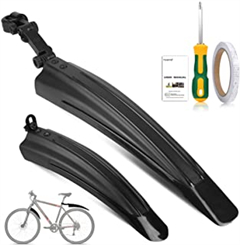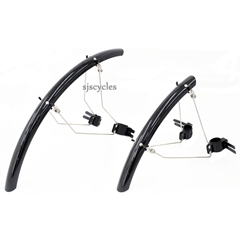Electric bikes (e-bikes) offer several financial benefits compared to traditional bicycles and even other modes of transportation. Here are some of the ways e-bikes can lead to savings:
- Fuel Savings: One of the most immediate financial benefits of e-bikes is the elimination of fuel costs. E-bikes are powered by electricity, which is significantly cheaper than gasoline or diesel. Commuting by e-bike can save you a considerable amount of money on fuel expenses, especially if you have a long daily commute.
- Reduced Maintenance Costs: E-bikes have fewer moving parts compared to cars or motorcycles, which means lower maintenance costs. You won’t need to change oil, replace filters, or deal with complex engine systems. Regular maintenance mostly involves checking tires, brakes, and the e-bike’s electrical components.
- Lower Insurance Costs: E-bikes generally don’t require the same type of insurance coverage as automobiles or motorcycles. This can lead to substantial savings in insurance premiums.
- No Parking Fees: E-bikes can be parked and locked almost anywhere, often free of charge. You won’t need to pay for parking permits, parking meters, or parking garages, which can be a significant expense in urban areas.
- Cheaper Initial Investment: While e-bikes might have a higher upfront cost compared to traditional bicycles, they are still much more affordable than cars or motorcycles. Over time, the initial investment can pay off through the accumulated savings in fuel, maintenance, and other costs.
- Healthcare Savings: Riding an e-bike can have positive effects on your health by promoting physical activity and reducing sedentary time. By incorporating regular exercise into your routine, you might reduce your healthcare expenses in the long run.
- Commuting Savings: E-bikes can be a cost-effective alternative to public transportation or driving. You’ll save on bus or train fares, and if your e-bike commute replaces a car commute, you’ll save on vehicle-related costs like gas, parking, and tolls.
- Long-Term Savings: E-bikes have a longer lifespan compared to traditional bikes due to their sturdier construction and use of higher-quality components. This means you won’t need to replace them as frequently, leading to long-term savings.
- Tax Incentives: Some regions offer tax incentives or rebates for e-bike purchases to promote sustainable transportation. These incentives can further reduce the overall cost of buying an e-bike.
- Resale Value: As e-bike technology continues to advance, newer models might be introduced with more features. However, well-maintained e-bikes still hold decent resale value, allowing you to recoup some of your initial investment when upgrading to a newer model.
It’s important to calculate the potential savings based on your individual circumstances, including your current transportation costs, e-bike purchase price, and expected usage. While e-bikes do come with an initial investment, their long-term financial benefits, combined with the positive impact on the environmen







